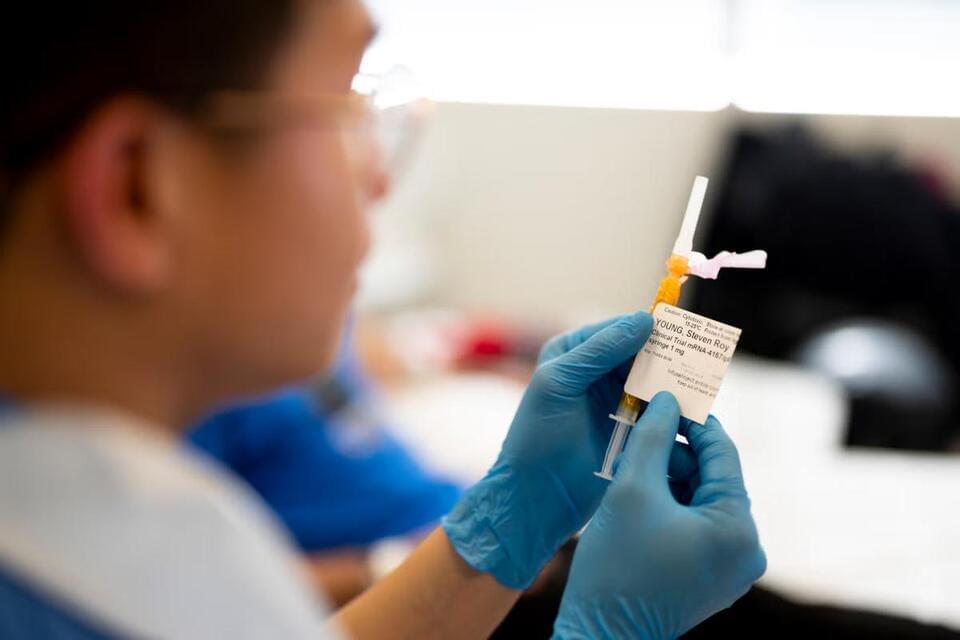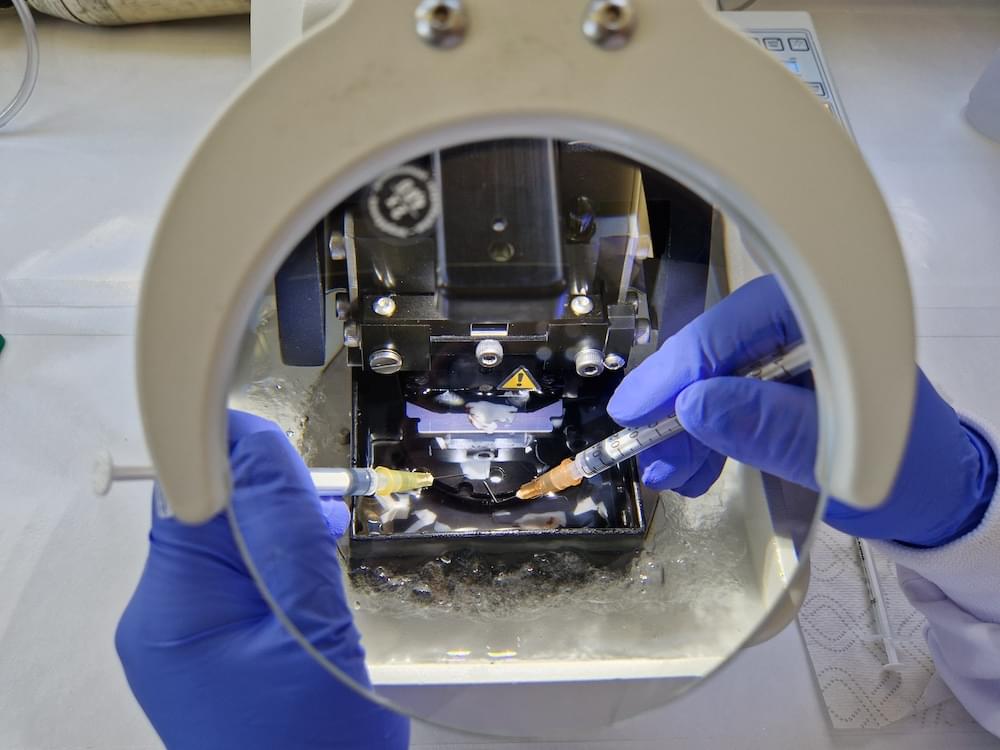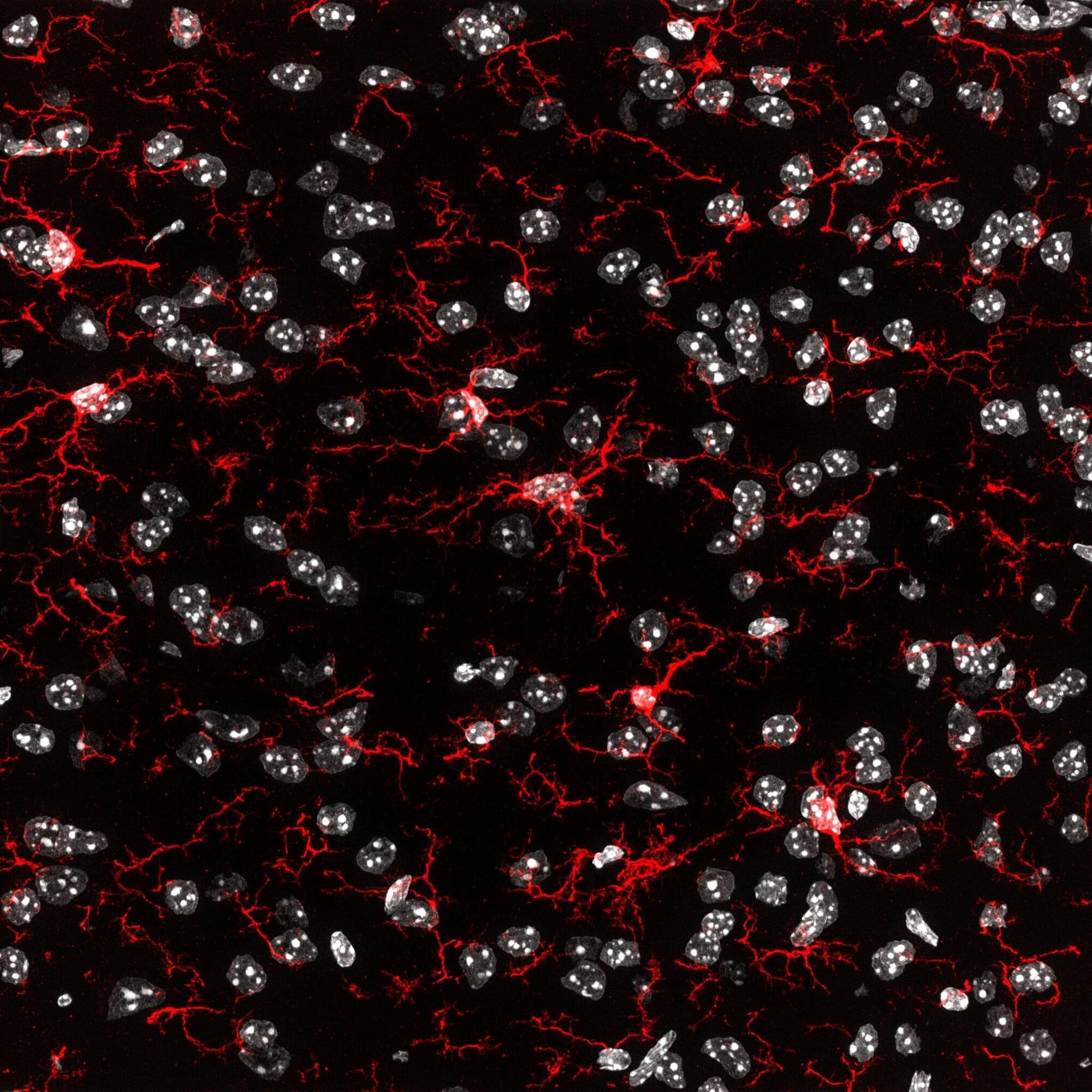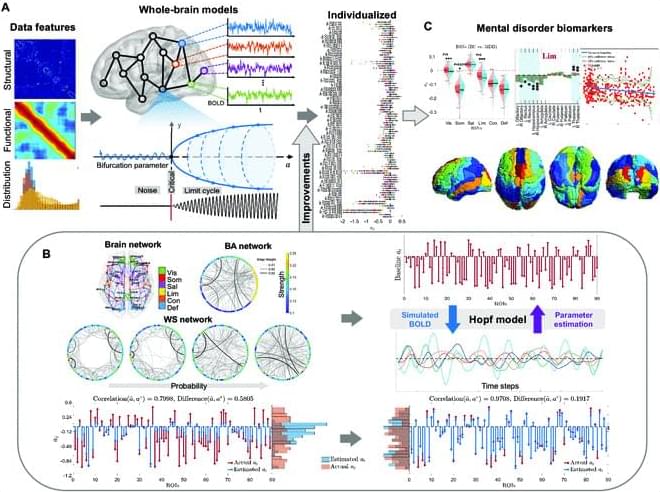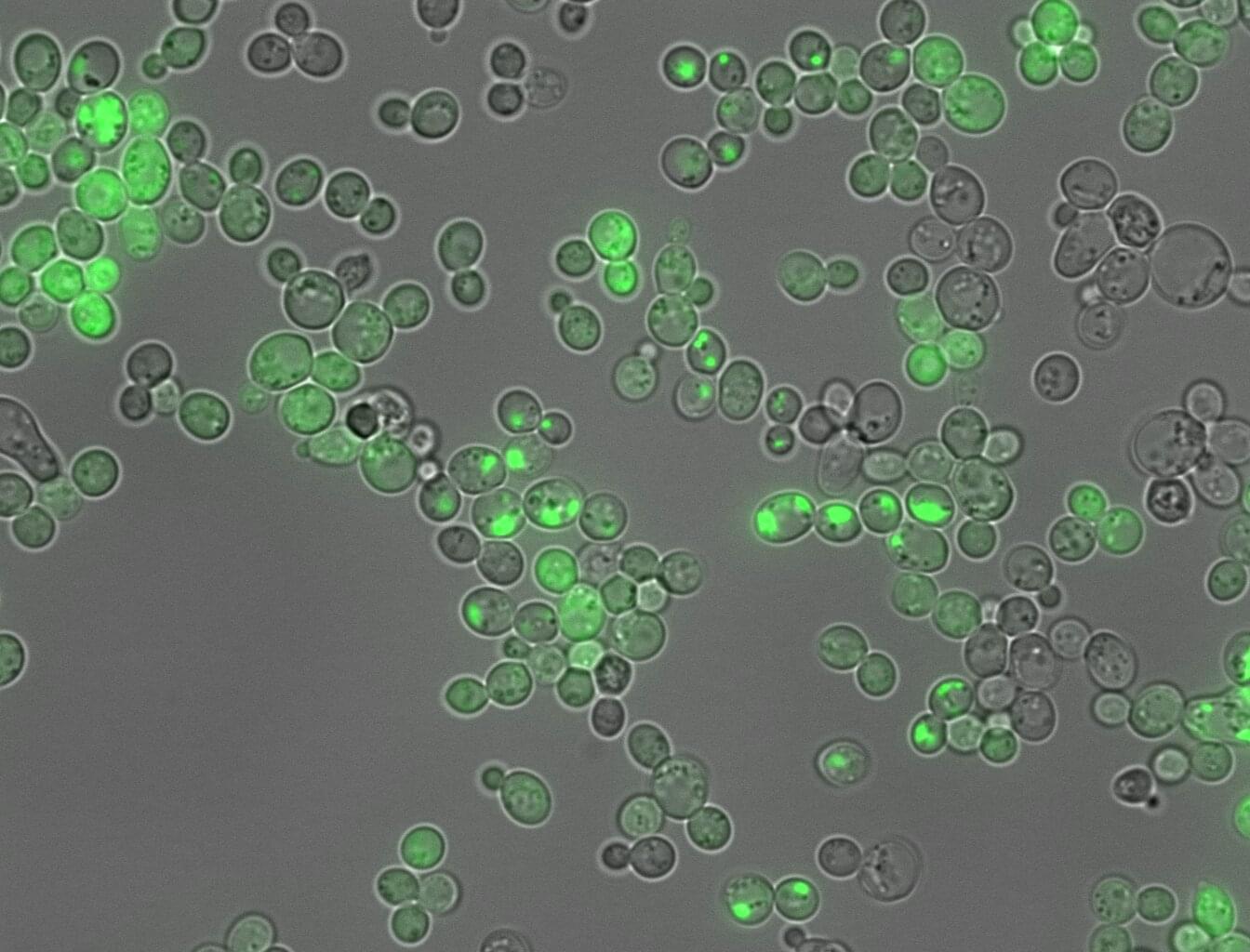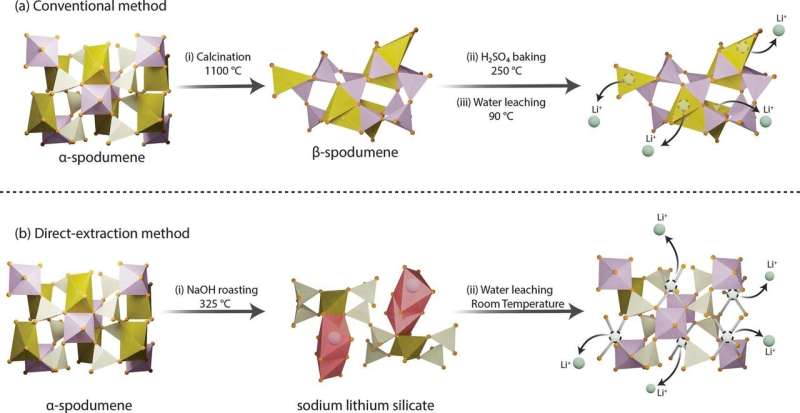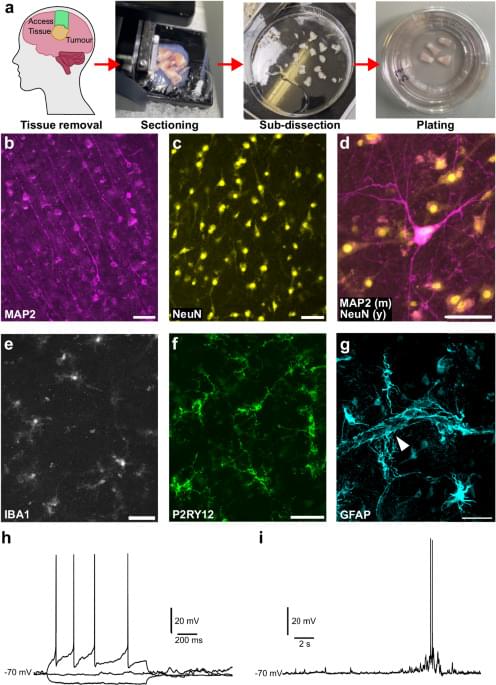Lightweight lithium metal is a heavy-hitting critical mineral, serving as the key ingredient in the rechargeable batteries that power phones, laptops, electric vehicles and more. As ubiquitous as lithium is in modern technology, extracting the metal is complex and expensive. A new method, developed by researchers at Penn State and recently granted patent rights, enables high-efficiency lithium extraction—in minutes, not hours—using low temperatures and simple water-based leaching.
“Lithium powers the technologies that define our modern lives—from smartphones to electric vehicles—and has applications in grid energy storage, ceramics, glass, lubricants, and even medical and nuclear technologies,” said Mohammad Rezaee, the Centennial Career Development Professor in Mining Engineering at Penn State, who led the team that published their approach in Chemical Engineering Journal.
“But its extraction must also be environmentally responsible. Our research shows that we can extract lithium, and other critical minerals, more efficiently while drastically reducing energy use, greenhouse gas emissions and waste that’s difficult to manage or dispose of.”

